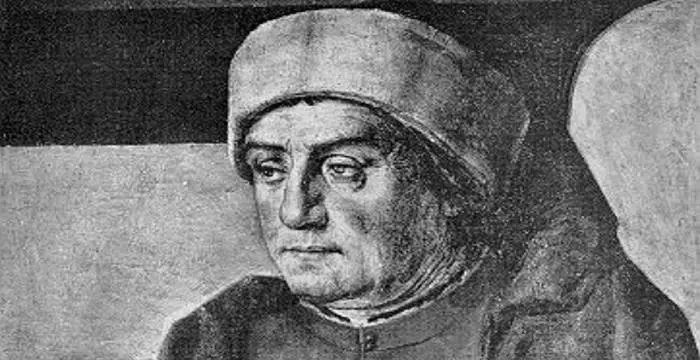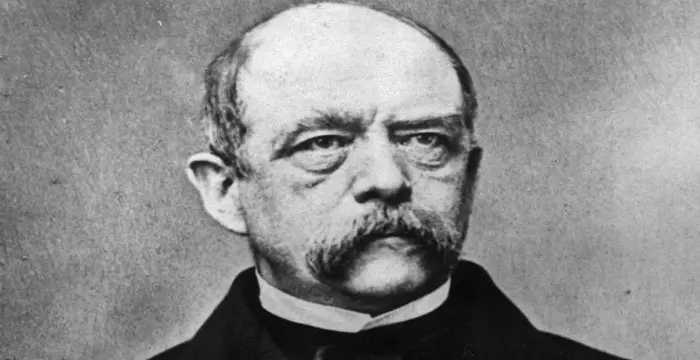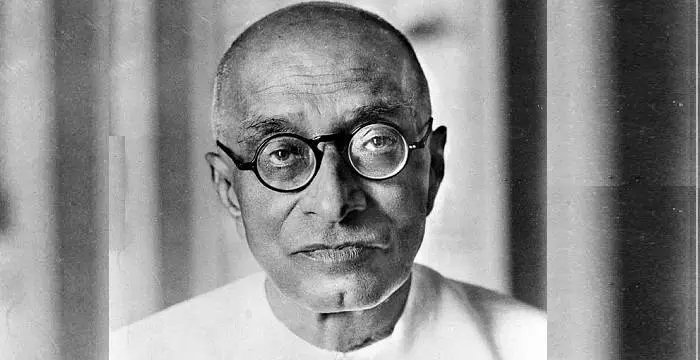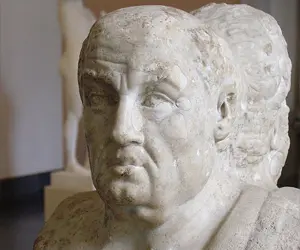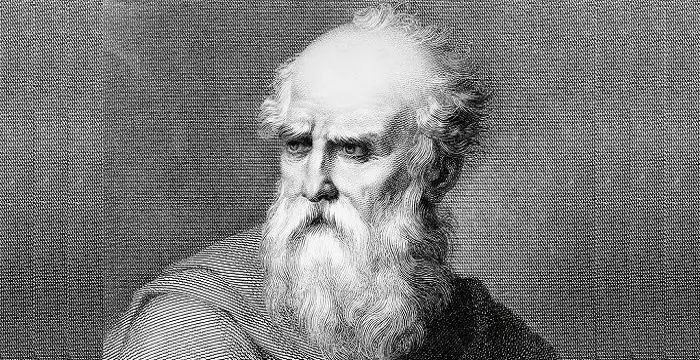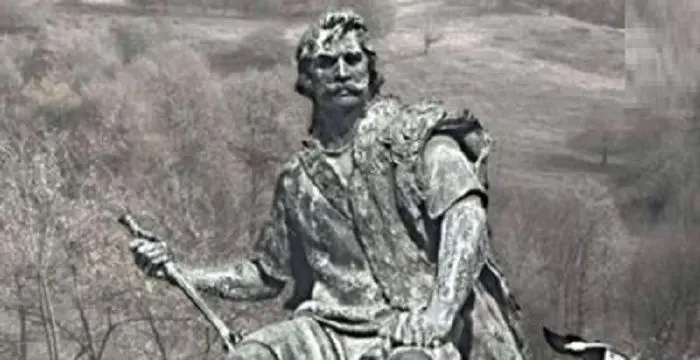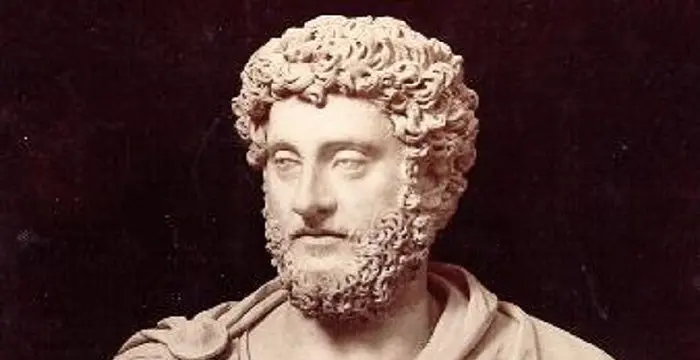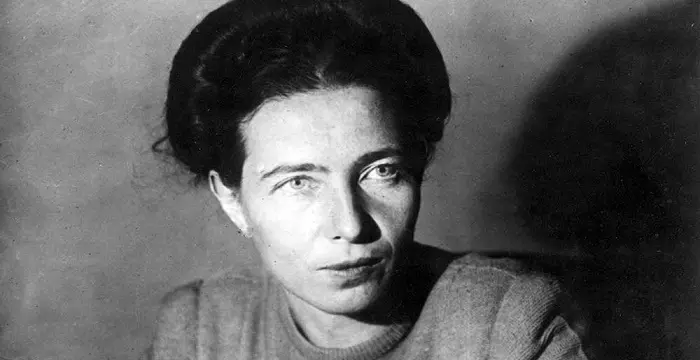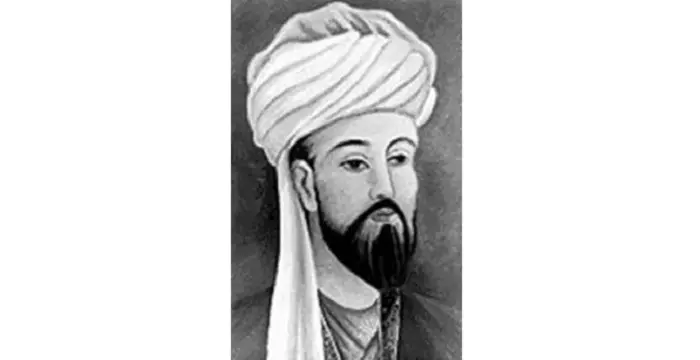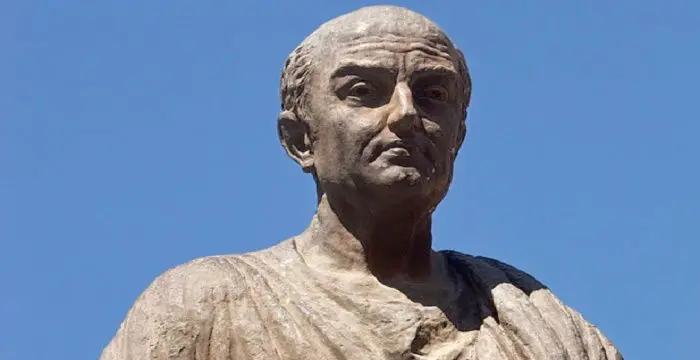
Lucius Annaeus Seneca - Statesman, Life Achievements and Facts
Lucius Annaeus Seneca's Personal Details
Lucius Annaeus Seneca, commonly known as Seneca, was a Roman philosopher and statesman
| Information | Detail |
|---|---|
| Birthday | 4 BC |
| Died on | January 1, 1965 |
| Nationality | Ancient Roman |
| Famous | Intellectuals & Academics, Philosophers, Ancient Roman Men, Roman Philosopher, Statesman |
| Nick names | Seneca |
| Siblings | Lucius Junius Gallio Annaeanus |
| Known as | Seneca the Younger |
| Cause of death |
|
| Birth Place | Córdoba |
| Gender | Male |
| Father | Seneca the Elder |
| Mother | Helvia |
| Born in | Córdoba |
| Famous as | Roman Philosopher & Statesman |
| Died at Age | 68 |
// Famous Statesman
Anicius Manlius Severinus Boethius
Boethius was an early 6th century Roman senator and philosopher best known for his treatise ‘Consolation of Philosophy’. This biography of Boethius provides detailed information about his childhood, life, achievements, works & timeline.
Otto von Bismarck
Otto von Bismarck served as the Chancellor of Germany and the Prime Minister of Prussia. He unified the German states into a powerful German empire. This biography profiles his childhood, political career, life, achievements and timeline.
C. Rajagopalachari
Chakravarthi Rajagopalachari was an Indian lawyer, independence activist, politician and writer. Check out this biography to get detailed information on his life.
Lucius Annaeus Seneca's photo
Who is Lucius Annaeus Seneca?
Lucius Annaeus Seneca was a Roman philosopher and statesman. He was the son of a famous rhetorician, known in history as Seneca the Elder. As a young boy, Seneca the Younger spent time in Egypt with his aunt for health reasons. On his return to Rome, he became a magistrate. His oratory and growing influence displeased Emperor Caligula. Caligula’s assassination and the subsequent ascension of Claudius to the throne of Rome, did not give him respite. He was banished to Corsica on an adultery charge. He was recalled by Agrippina, the influential wife of Claudius. He became Nero’s tutor, and when Nero became Emperor, Seneca became his adviser. He seemed to have had very little influence on Nero. Eventually, he was ordered to commit suicide by the Emperor. Seneca’s works include essays, letters, tragedies and a satire. These represent his belief in the Stoic philosophy which was expounded by most philosophers of the era. His philosophical works were not original or deep, but because of the noble thoughts expressed in them, were referred to, by Christian writers. Stoicism has made us think of issues in our life. His tragedies were meant to be recited on stage and not performed. Hence they are less action-oriented and display great literary value. They inspired playwrights such as Shakespeare.
// Famous Ancient Roman Men
Vitruvius
Vitruvius was a Roman architect, author, and military engineer during the 1st century BC. Check out this biography to know about his childhood, family life, achievements and fun facts about his life.
Flavius Odoacer
Flavius Odoacer was a soldier who went on to become the King of Italy. This biography profiles his childhood, family, life history, and timeline.
Commodus
Commodus (Lucius Aurelius Commodus) was a Roman emperor during the early years of the first millennium. This biography provides detailed information about his childhood, family, rule, life history, achievements, death etc.
Childhood & Early Life
Seneca was born in 4 BC at Cordoba, Hispania. He was the second son of Lucius Annaeus Seneca (Seneca the Elder), a famous teacher of rhetoric, and Helvia, an educated lady from a cultured family. He had two brothers - Gallio and Annaeus Mela.
He received training in rhetoric and philosophy from Attalus and Sotion in Rome. Between 16 and 31 AD, suffering from poor health, he spent time in Egypt where an aunt looked after him.
Career
Caligula became the Roman emperor in 37AD. Seneca had already been elected magistrate, and wielded much power. But he feuded with Caligula, but the emperor spared him as he thought Seneca was dying anyway.
Following Caligula’s assassination in 41 AD, Claudius ascended the throne. But Claudius’ powerful wife, Messalina, charged the magistrate of committing adultery with Caligula’s sister, Julia Livilla, and had him exiled to Corsica.
While in exile, he wrote the ‘Consolations’, which contain the essence of his Stoic teachings. They are personal letters of consolation, but have a detached tone as if he is attempting to present realities.
In 49 AD, Agrippina, the fourth wife of Claudius, manipulated the Emperor to adopt Nero, her son from an earlier marriage, and began grooming him to be his successor. She called Seneca from exile to instruct Nero.
Seneca and Sextus Afranius Burrus, the praetorian prefect, became Emperor Nero’s advisers from 54 to 62 AD. Their influence on Nero was minimal, as is evident from their reluctant agreement to the murder of Agrippina.
The Apocolocyntosis’ or ‘The Gourdification of (the Divine) Claudius’, is a 54 AD political satire attributed to Seneca. The work traces Claudius’s death, his rise to heaven, and his ultimate plunge to Hades.
His two-volume incomplete essay ‘De Clementia’ or ‘On Mercy’, written in AD 55-56 to the emperor Nero, contrasts the good ruler and the tyrant, and dwells on the bond between ruler and subject.
He wrote ‘De Vita Beata’ or ‘On the Happy Life’ around 58 AD, for his older brother Gallio. Divided into 28 chapters, it describes the importance of logic and reason to happiness.
In 62 AD, Burrus died and Seneca became embroiled in accusations of misappropriation. He decided to retire and commit himself to writing. His body of work consists of essays, letters, tragedies, and a satire.
His ‘De Beneficiis’ or 'On Benefits' consists of seven books, and is part of a series of moral essays which examines themes including happiness, anger, leisure, tranquility, the brevity of life, and forgiveness.
In, ‘De Brevitate Vitae’ or ‘On the Shortness’, an essay written to his friend Paulinus, he discusses many Stoic doctrines regarding the fleeting nature of time, and how it is squandered in trivial pursuits.
Major Works
Seneca wrote the drama, ‘Phaedra’, before 54 A.D. His use of devices such as asides and soliloquies has influenced even Shakespeare’s tragedies. The play continues to be performed today and has inspired many versions.
His tragedy, ‘Oedipus’, was held in high esteem in Elizabethan England, as the standard for tragedies. Alexander Neville who first translated it from Latin in 1560 regards it as a work of moral instruction.
Personal Life & Legacy
In 65 AD, Seneca was implicated in a plot to kill Nero, called the Pisonian conspiracy. Nero ordered him to commit suicide, which he did by severing several veins, bleeding to death.
He was married to Pompeia Paulina, an educated and refined woman. When her husband cut his veins, Pompeia too slit her wrists. But her servants, following Nero’s order, saved her life.
The early Christian Church approved Seneca’s writings, while medieval writers hold that he was baptized by Saint Paul. He appears in the works of Dante, Chaucer, Petrarch, Virgil, Erasmus and John Calvin.
Trivia
Celebrated for his pearls of wisdom, this Roman philosopher-statesman declared, “Health is the soul that animates all the enjoyments of life, which fade and are tasteless without it”.
'The Purloined Letter’ written by American author Edgar Allan Poe begins with this Roman philosopher’s quote, "Nil sapientiae odiosius acumine nimio”, or “Nothing is more hateful to wisdom than excessive cleverness”.
Lucius Annaeus Seneca biography timelines
- // 1560His tragedy, ‘Oedipus’, was held in high esteem in Elizabethan England, as the standard for tragedies. Alexander Neville who first translated it from Latin in 1560 regards it as a work of moral instruction.
// Famous Philosophers
Martin Buber
One of the greatest philosophers to have ever walked on earth, Martin Buber contributions to philosophy is a long-standing one. Explore all about his profile, childhood, life and timeline here.
Lao Tzu (Laozi)
Lao Tzu was a legendary Chinese philosopher who wrote the important “Daodejing”. This biography profiles his childhood, life, career, achievements and timeline.
Alan Watts
Alan Watts was a famous British philosopher known for his Zen teachings and interpretations of Eastern philosophy. Read more about this great philosopher in the following article.
Carl Jung
Carl Jung was a Swiss psychiatrist famous for founding the school of analytical psychology. This biography of Carl Jung provides detailed information about his childhood, life, achievements, works & timeline.
Simone de Beauvoir
Simone de Beauvoir was an eminent French writer, intellectual, activist, and philosopher. This biography profiles her childhood, life, thoughts, achievements and timeline.
Jabir Ibn Hayyan
Jabir Ibn Hayyan was a medieval era polymath. Check out this biography to know about his life, works and achievements.
Lucius Annaeus Seneca's FAQ
When was Lucius Annaeus Seneca died?
Lucius Annaeus Seneca was died at 1965-01-01
Where was Lucius Annaeus Seneca died?
Lucius Annaeus Seneca was died in Rome
Which age was Lucius Annaeus Seneca died?
Lucius Annaeus Seneca was died at age 68
Where is Lucius Annaeus Seneca's birth place?
Lucius Annaeus Seneca was born in Córdoba
What is Lucius Annaeus Seneca nationalities?
Lucius Annaeus Seneca's nationalities is Ancient Roman
What is Lucius Annaeus Seneca nick names?
Lucius Annaeus Seneca's nickNames is Seneca
Who is Lucius Annaeus Seneca siblings?
Lucius Annaeus Seneca's siblings is Lucius Junius Gallio Annaeanus
What is Lucius Annaeus Seneca's cause of dead?
Lucius Annaeus Seneca dead because of Suicide
Who is Lucius Annaeus Seneca's father?
Lucius Annaeus Seneca's father is Seneca the Elder
Who is Lucius Annaeus Seneca's mother?
Lucius Annaeus Seneca's mother is Helvia
How famous is Lucius Annaeus Seneca?
Lucius Annaeus Seneca is famouse as Roman Philosopher & Statesman
